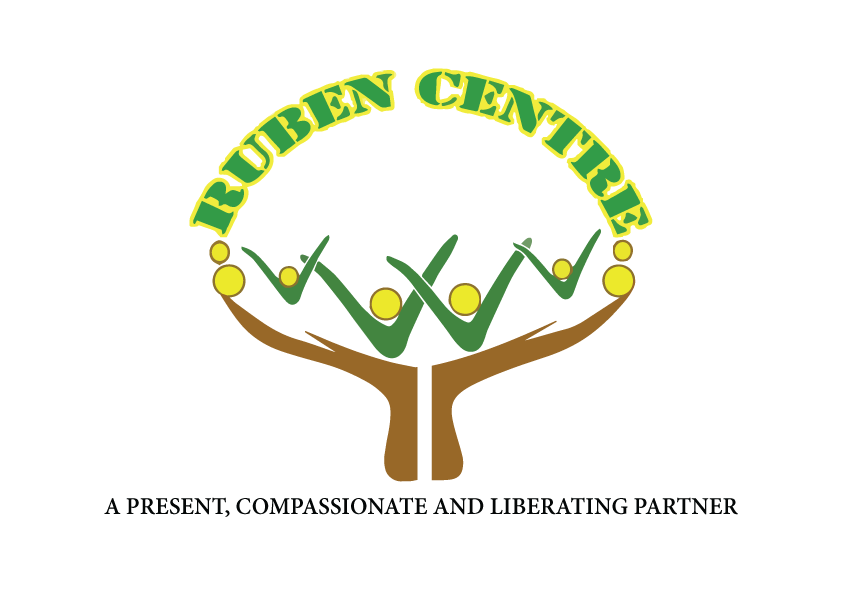TRAINING ON CHILD SAFEGUARDING POLICY
On May 25, 2024, our safeguarding department conducted an insightful training session focused on our Child & Vulnerable Persons Safeguarding Policy. The session was attended by the Board of Management of AEF Ruben Primary School, Parents Teachers Association members, and other non-teaching staff from the school. The primary objective was to enhance the understanding and implementation of child safeguarding measures among all stakeholders involved in the care and education of children at Ruben Centre.
One notable highlight of the session was a discussion initiated by an attendee who shared challenges faced in teaching children about their rights. The attendee mentioned that educating students about their rights had led to disciplinary issues, as some children exploited their newfound knowledge to misbehave, believing they were untouchable regardless of their actions due to their rights. Our on-site safeguarding officer, Joseph Kuya, acknowledged this issue, stating that some children did misuse their rights to evade consequences. He narrated instances where children, who were being corrected by their parents, would not acknowledge their wrongdoings. Instead, they would report their parents to the police for child abuse, complicating the situation further.
Joseph emphasized the importance of educating children about their responsibilities alongside their rights. He proposed that effective communication and understanding are key to addressing misbehavior. He encouraged members to help children understand what they can and cannot do, not as a punishment but as a means of protection and discipline for the future. By helping children comprehend the expectations placed upon them and the consequences of their actions, adults can guide them more effectively.
He further outlined several non-corporal punishment methods for correcting children, emphasizing positive reinforcement and constructive discipline. Joseph suggested rewarding children for good behavior to encourage positive actions. Once children felt that their good actions were being acknowledged and rewarded, they would feel appreciated and want to do more. Conversely, he recommended withdrawing privileges or possessions, such as toys, as a form of punishment for misbehavior. This is to remind the children that, while they can make mistakes, actions have consequences. Therefore, privileges would be withdrawn because certain actions are not acceptable and should not be repeated. These methods, he argued, can help instill discipline without resorting to physical punishment.
The session was vibrant and engaging as attendees shared their concerns and collaboratively developed solutions. The training concluded successfully, leaving attendees with valuable insights and strategies for better safeguarding children. After the discussions, participants enjoyed a tea break before departing to their respective homes.
By: Ashley Kagio
Edits: Gregory Barake



